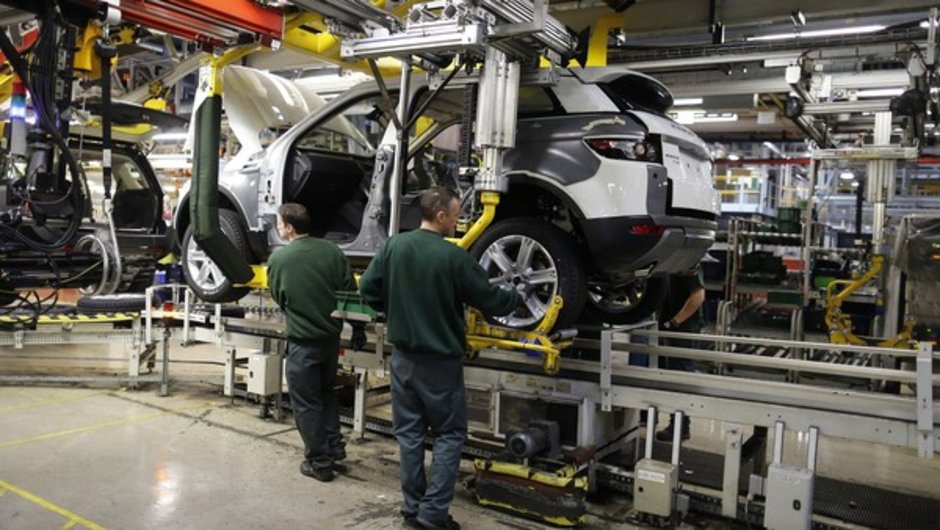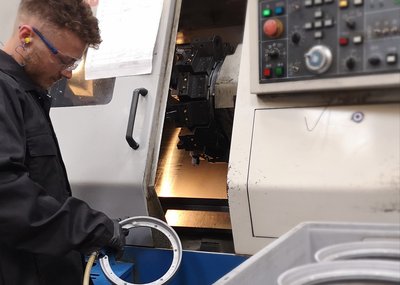Jaguar Land Rover is to double the size of its engine factory in the Midlands with a £450m investment that reinforces the luxury carmaker’s position as one of the biggest investors in UK manufacturing.
The Indian-owned company will spend the money on its plant in Wolverhampton in what it described as a sign of its “long-term commitment to Britain”.
It takes total investment on the site, which opened in October 2014, to nearly £1bn. The automotive group said this would create “hundreds” of jobs on top of the 1,400 workers who will be employed there by the end of next year.
JLR’s announcement will go some way to reassuring its workforce and unions, after the company opened a plant in China, began construction on a site in Brazil and pledged to build a third overseas plant in Slovakia.
Ralf Speth, chief executive, said: “We are absolutely committed to the UK. You have highly motivated and very creative people . . . in our case offering British design [and] engineering gives us an advantage on a global basis”.
Almost £2.5bn has been invested in the industry this year, according to the Society of Motor Manufacturers and Traders, which estimates that Britain’s annual output of cars could touch its early 1970s peak of 2m by 2020.
Experts said JLR’s decision fitted in with its target of doubling its deliveries of cars to at least 1m by the end of the decade, as it seeks to catch up with Audi, BMW and Mercedes-Benz.
David Bailey, professor of industry at Aston Business School, said: “The fact they’re scaling up so quickly reflects the scale of their ambitions over the next decade. This [expansion] is a clear indication that they have increased production output.”
Under Indian ownership since 2008, JLR has been one of Europe’s fastest-growing carmakers, on the back of rampant Chinese demand. Turnover has tripled and sales and employment both doubled in the past five years.
The expanded Wolverhampton factory, which makes ultra-low emission, four-cylinder diesel engines for models such as the Jaguar XE, will be the size of 28 football pitches at 200,000 square metres. It adds to JLR’s manufacturing plants in Castle Bromwich and Solihull in the West Midlands and Halewood in Liverpool.
Garel Rhys, professor at Cardiff Business School, said the investment underlined how the Midlands, once the centre of British carmaking, has emerged from decline to excel in making auto parts. “There’s a rejuvenation not necessarily in vehicle assembly but in components and systems,” he said.
Some analysts have raised concerns that following the revelations of the Volkswagen test cheating scandal, diesel car sales could fall. But Mr Speth said he believed such vehicles would continue to play a big role as carbon emission rules tighten.
“The plant will deliver both diesel and petrol [engines] but it’s quite clear we are betting on diesel in the future,” he said.
Despite the attractiveness of Britain as a high-value manufacturing base, Mr Speth added: “On productivity the UK has a long way to go to be really competitive”.
Source: ft.com
×



